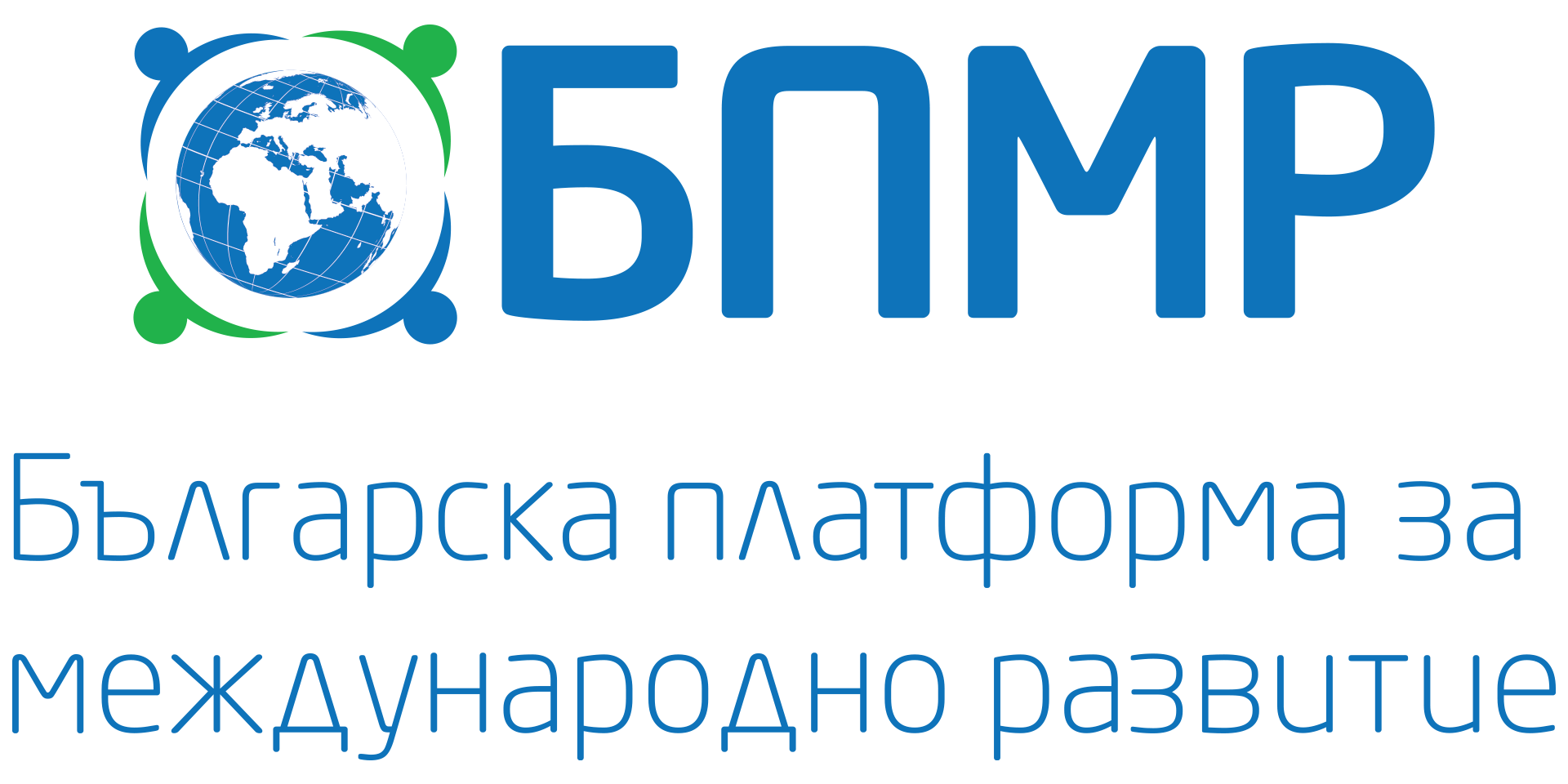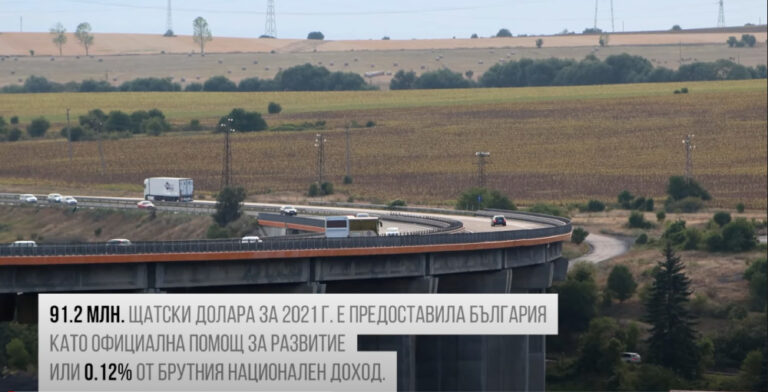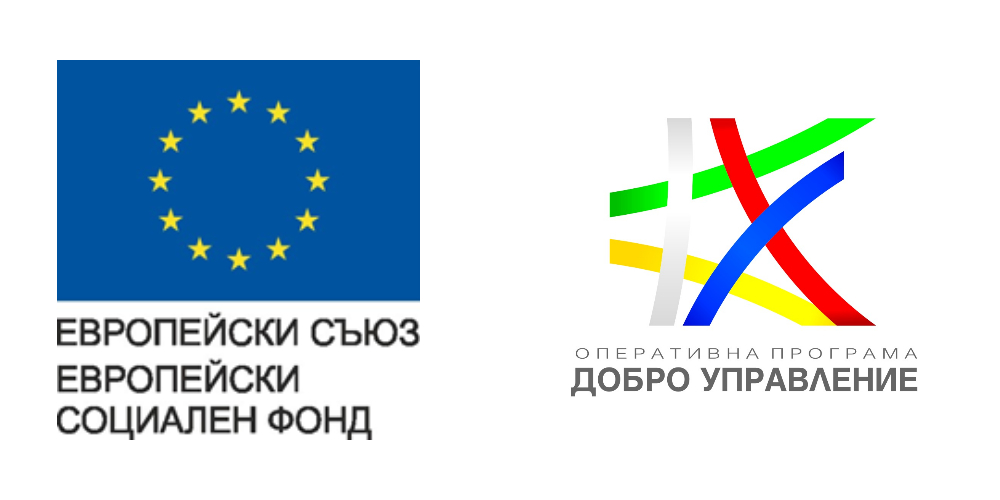On 15 June, a webinar on “EU and International Development Partnership Policies” was organized by the Bulgarian Platform for International Development (BPID) in partnership with the Diplomatic Institute of the Minister of Foreign Affairs of the Republic of Bulgaria. The webinar brought together more than 30 experts, representatives of institutions and the civil sector, who exchanged views and assessments on the topic “Why Bulgaria needs an International Development Cooperation and International Humanitarian Aid Act?”. It was confirmed that the adoption of the Law on International Development Cooperation and International Humanitarian Aid will create preconditions for a more active involvement of civil society and business organisations in a future more transparent, more effective and better organised Bulgarian development and humanitarian aid.

In their speeches, the panelists Ambassador Valery Yotov, Rumian Sechkov, Petar Buchkov and Monika Panayotova presented arguments on the benefits of improving the regulatory framework for a more effective Bulgarian policy for international development cooperation. Mr. Nikolay Todorov from the Bulgarian Red Cross spoke in favour of the creation of a specialised operational unit.One of the tasks of the meeting was to learn more about the latest trends in the legislative framework of the EU member states. It happened thanks to the inclusion of the representative of the Spanish Platform for Development Cooperation, Mr. Arturo Angulo Urarte. He answered questions asked in advance and clearly presented the new points in the new Spanish law adopted in February 2023: Cooperation for Sustainable Development and Global Solidarity.

25 years after the first Spanish law on development aid, this is a new legal framework for Spanish international development cooperation that allows a faster response to new global challenges. This law seeks to become a benchmark for a new model of cooperation committed to the UN 2030 Agenda and Sustainable Development Goals as well as the Paris Agreement against climate change. The new law will ensure that development aid focuses on global public goods and promotes alliances between countries.
Spain’s new law on cooperation for sustainable development and global solidarity gives legal status to the commitment made by Spain to allocate 0.7% of gross national income to official development assistance by 2030. The new law also provides for an obligation to allocate at least 10% of official development assistance (ODA) to humanitarian activities.
Particularly important is the argument that the new Sustainable Development and Global Solidarity Act seeks to make cooperation a stable state policy that is durable and cannot be undone.

What is new in this law?
Greater protection for aid workers – This law will serve as a framework for the drafting of four royal decrees that will introduce improvements to their working conditions, lay the foundations for their professional careers and ensure that talent is attracted, retained, trained and promoted.
The reform of the Spanish Agency for International Development Cooperation (AECID) will strengthen this body as a cornerstone of the system and a generator of partnerships.
Reform financial cooperation to make it faster, more efficient and in line with the models of European partners and other multilateral bodies.
Reform of the subsidies legislation in relation to decentralised cooperation – increases the transparency of Spanish cooperation as it will provide it with new tools to improve evaluation, monitoring and accountability, bringing cooperation work closer to the public.Alliances and decentralised cooperation – The new law strengthens the governance of the Spanish cooperation system with improvements in coordination, agreement and cooperation instruments between stakeholders. It gives the autonomous regions access to participate in delegated EU cooperation programmes under conditions established by EU law and in consensus with the State and other multilateral bodies.







